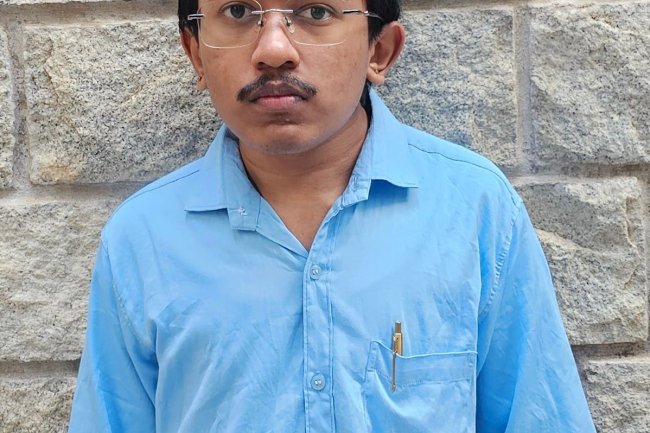Most of us already know what we should be doing when it comes to our finances.

Start that SIP.
Buy that term plan.
Write that will.
Create that emergency fund.
Sort out that cluttered portfolio.
We’ve seen the reels, read the articles, saved the posts, maybe even attended a few webinars. But instead of taking action, we often fall back into the same cycle of waiting—waiting for a better time, a bigger income, a more stable phase of life. We wait for the markets to settle, for our job situation to improve, or for that magical month when we won’t have any unexpected expenses.
That ideal moment? It rarely comes. Life, as we all know too well, never really “settles down.” There’s always something around the corner—an obligation, a responsibility, a new goal. And in our endless pursuit of the "right time," we end up missing the most important opportunity of all: starting now.
Let’s take investing as a simple example. Everyone wants to start when the markets are “down” or after they’ve saved up a larger amount. But here’s what I’ve seen over and over again: the ones who begin—even with ₹500 or ₹1,000 a month—always end up ahead of those who keep waiting to “go big.” It’s not about how much you invest. It’s about how long you stay invested. And that time advantage? You can’t borrow it, and you definitely can’t buy it later.
Imagine two people—one starts investing ₹5,000 a month at age 25 for 25 years, and then stops. The second waits till 35, then starts investing ₹10,000 a month for 15 years. Who ends up with more wealth at 60? The first one. Why? Because compounding rewards time far more than it rewards amount. But you only get that benefit if you start early—when things are messy, uncertain, imperfect.
I meet people all the time who tell me, “I’m still researching mutual funds,” or “I’ll talk to a financial planner once I earn more,” or “I just want to get through this phase first.” And I completely understand where it comes from—this hesitation, this pressure to make the “right” choice. We’re afraid of making mistakes, of locking ourselves into something we’ll regret. But here’s the irony: waiting too long is the mistake.
Financial planning is not about having all the answers from day one. It’s about starting with what you know, and adjusting as life unfolds. It’s about building habits that serve you not just when things are going well, but especially when they’re not.
You don’t need ₹50,000 to start investing—you need ₹500 and consistency.
You don’t need a 20-page will—you need one honest conversation with your family.
You don’t need to wait for the market to correct—you need to give your money time in the market.
Some of the most financially confident people I’ve worked with didn’t have big salaries or financial degrees. What they did have was a bias for action. They weren’t trying to outsmart the system—they were simply willing to start, make mistakes, learn, and keep going. They understood that progress matters more than perfection.
And that’s really the whole point. You don’t need a perfect plan. You need a starting point. Because when you begin, everything else starts falling into place. The clarity comes, the habits build, the confidence grows.
So if you’ve been sitting on a decision—whether it’s getting insured, investing, making a financial plan, or even just reviewing where your money goes each month—this is your sign.
There will never be a day when your to-do list is empty, your finances feel flawless, and your life is completely predictable. But there can be a day when you say: “I started.”
Start messy. Start small. Start uncertain. Just don’t wait.
Because if you’re always waiting for the right time, chances are—you’re already late.
Aakarsh Dalmia
Certified Financial Planner CFPCM
What's Your Reaction?




















